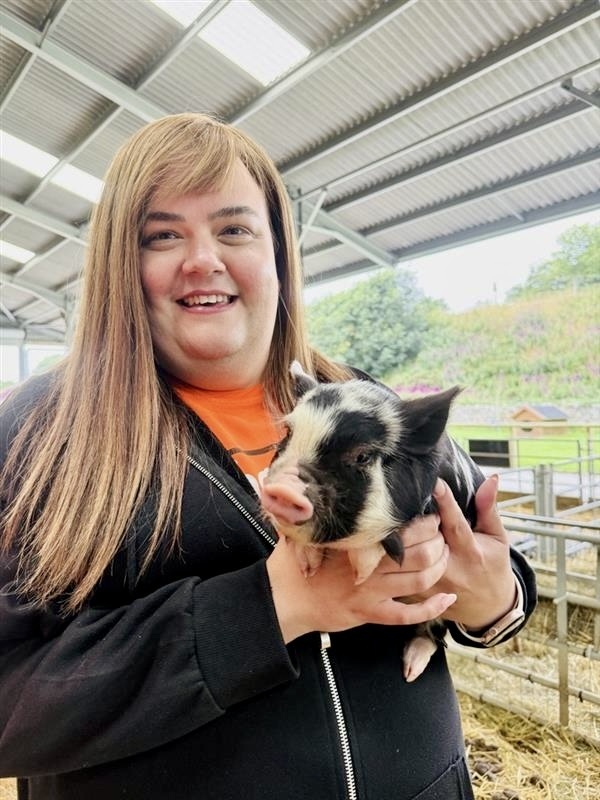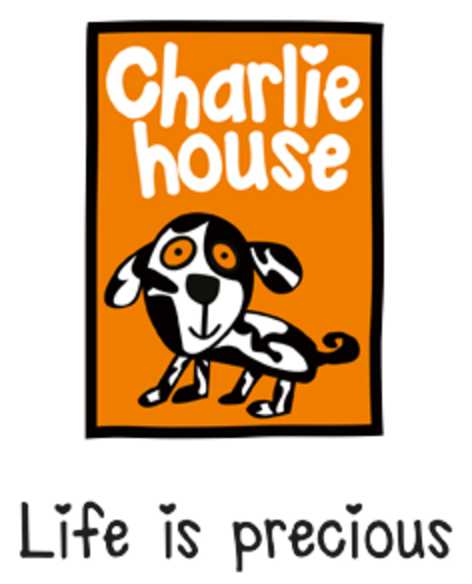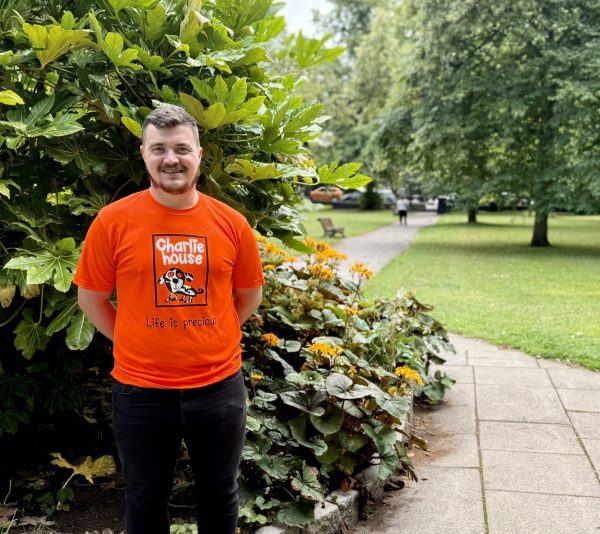For most families, a day out is a simple decision. Shoes are on, grab a few snacks, and you’re all out the door. However, for families with a child living with a life-limiting or life-threatening condition, even the simplest of days out like these need meticulous planning. This is where Charlie House come in.
From considering transport, packing medical equipment and suitable food, and checking if the venue is wheelchair friendly with accessible changing and toilet facilities, without which the trip would not be possible, every detail matters. And it is not just details surrounding the supported child’s needs.
Who will look after their other children when mum or dad need to take their child to a changing space? What will siblings do during that downtime, and who will keep them safe and entertained?
Whether it is a morning at the cinema, a creative workshop, or trying something never thought possible like accessible surfing or pony riding, our programme of accessible activities are designed to help the whole family enjoy time together and create memories to cherish. Most importantly, they give children the chance to simply be children.
Last year alone, Charlie House delivered over 185 inclusive activities for families across the North-east. With demand for Charlie House services continuing to grow, the work of planning, coordinating, and holding inclusive and accessible activities is more important than ever.
We caught up with Vikki, one of the Charlie House Children and Family Activity Co-ordinators, about the work that goes into making activities possible, why they are far more than a “day out”, and the difference they make to families across the North-east of Scotland.
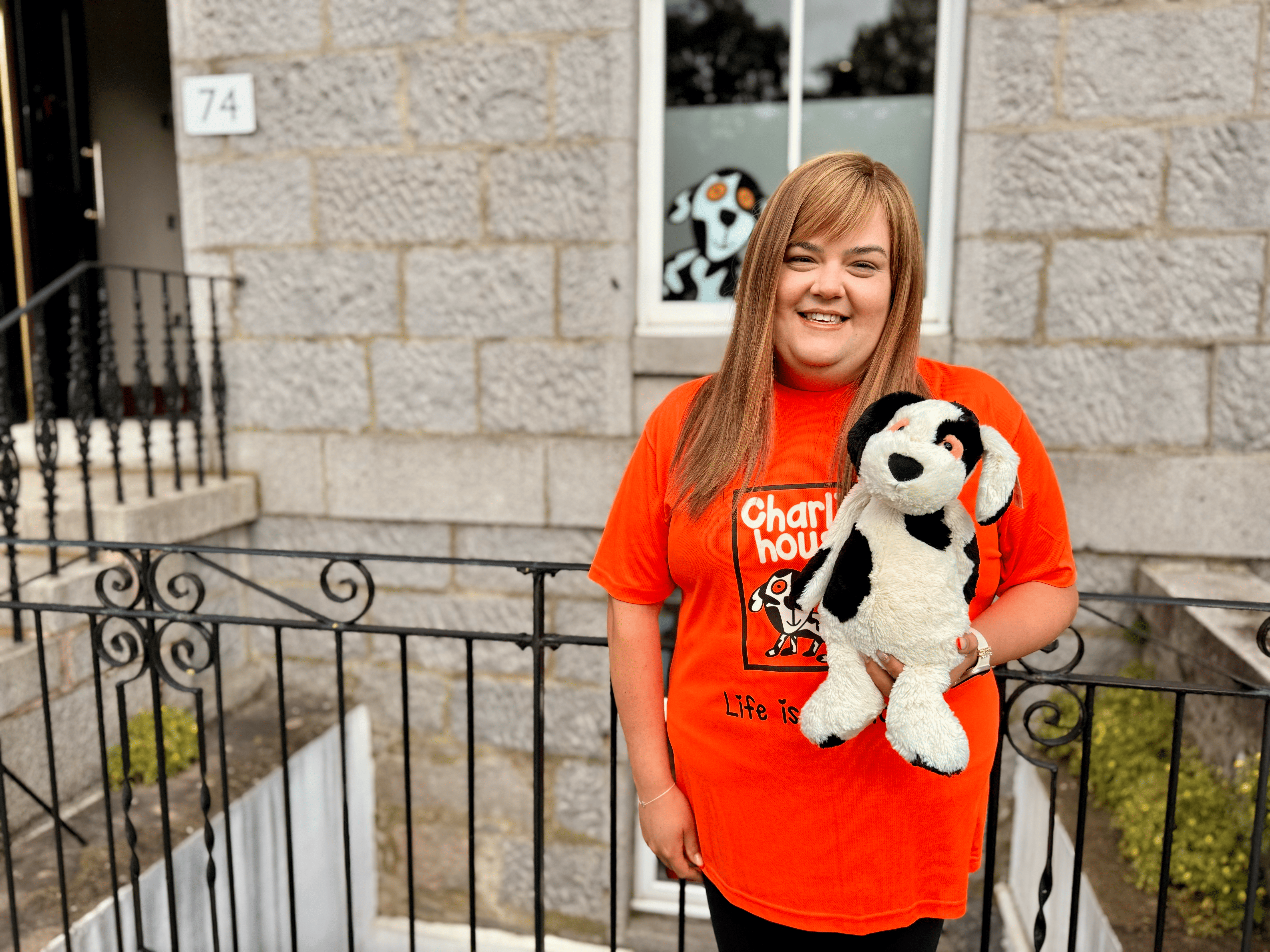
What makes activities such an important part of the support Charlie House provides?
"Our families often face enormous challenges in day-to-day life, and many do not get the same opportunities to go on family outings or social events as others might.
"Our activities are about more than entertainment. They give families a safe space to relax, try new things, and connect with other families who face similar challenges to their own. They also give children the chance to enjoy the things children should enjoy, without worrying about the barriers they face elsewhere."
How do you decide what activities to put on?
"We look at what families have enjoyed in the past or ask them what they would like to do! They often come back saying they love the activities we already have on offer, but we often put on new activities that some families would have never thought that their children would end up enjoying it.
"For siblings, it might be wall climbing or go-karting. Parents and carers might have something more relaxing like a corn weaving workshop. Supported child activities could be music therapy, sensory sessions, or visits from groups like Music in Hospitals for singalongs. We also hold activities the whole family can enjoy together such as visits to a local farm to meet and pet all the adorable animals. It’s incredibly varied which makes organising and putting on our activities even more enjoyable."
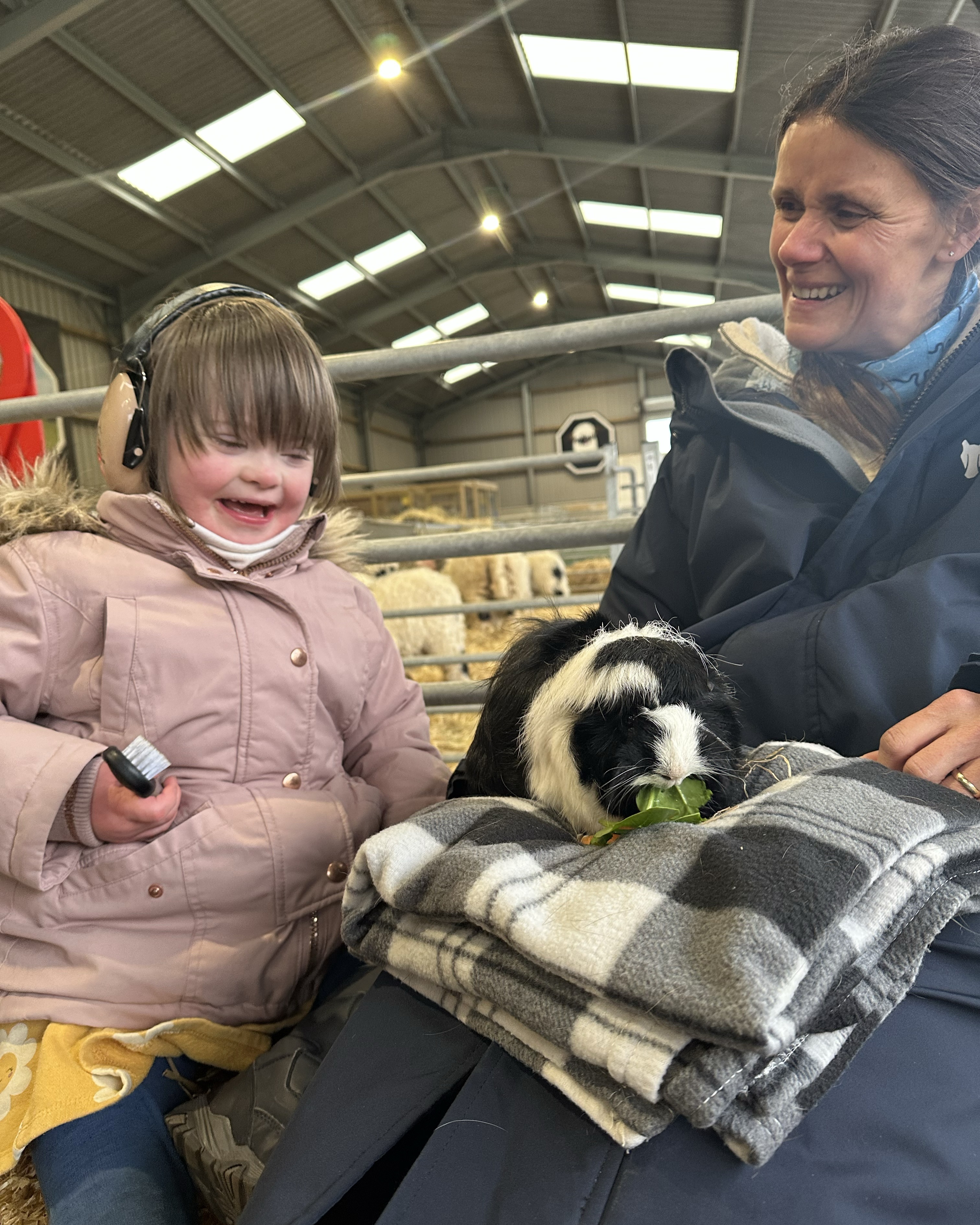
How do you make sure activities are fully inclusive?
"Accessibility is a huge part of what we do. Along with the supported children, we work with the parents, siblings, grandparents and carers, and we want every single person to feel welcome. Many venues do not have the specialist facilities our children need, so for example we will arrange for an accessible toilet to be brought in. These are mobile changing spaces with wheelchair access, a hoist, and a toilet. For our families, that can make the difference between being able to attend or missing out altogether.
"We also think about the experience itself. When we hire a cinema, we book the whole screen just for Charlie House families. We think about the lighting, the sound levels, plus it is a no-judgement zone. If a child wants to walk around or sit somewhere else, they can. If a feed pump or ventilator is running, nobody minds. Parents can relax knowing they are in a safe space where everyone understands. Many parents call it their Charlie house family."
What does the planning process look like behind the scenes?
"There are a lot of logistics. We risk assess every activity, check venues in-person to make sure doors, lifts, and spaces work for wheelchairs, plan for dietary needs, and think about how to make the experience as stress-free as possible.
"You would be surprised how many lifts aren’t big enough to fit a wheelchair into. Our goal is always that families can arrive and enjoy themselves, knowing everything has been taken care of."
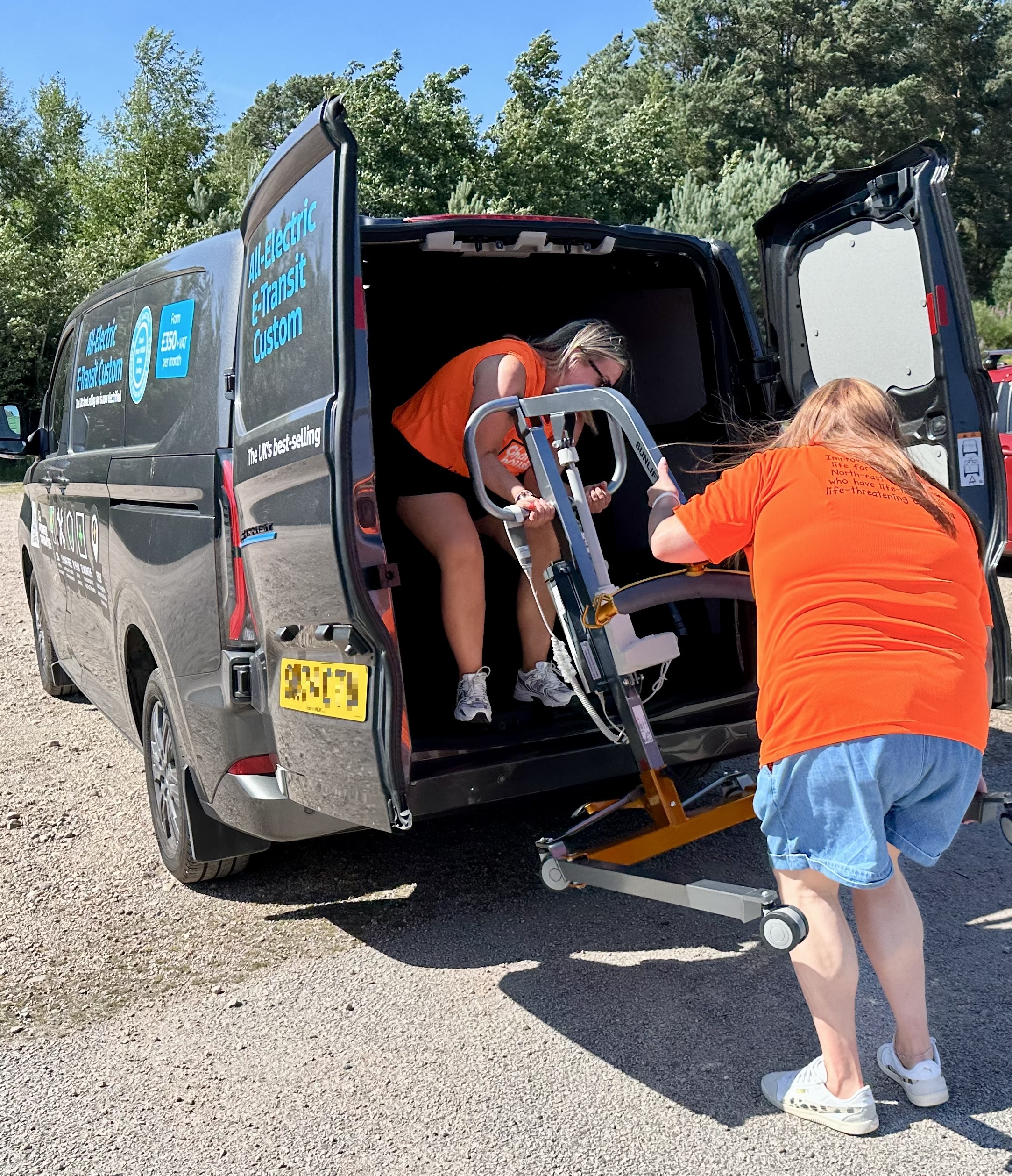
How many activities did Charlie House deliver last year?
"Last year we delivered over 185 activities, ranging from small music therapy sessions to larger family trips and seasonal events such as our family Christmas party. We have seen a big increase in demand, especially in the Moray area, and we now support more than 140 families across the North-east."
What is one of your favourite moments from a recent activity?
"SurfABLE is always a favourite. It is adaptive surfing where children can surf on specially designed surfboards. Siblings can join in too. Seeing a child who uses a wheelchair out in the sea, riding a wave, is so special.
"It is just as special for parents and siblings to watch. Siblings are often so proud to see their brother or sister who may often be told of things they can’t do, being able to ride side-by-side with them on a surfboard. It’s just incredible."
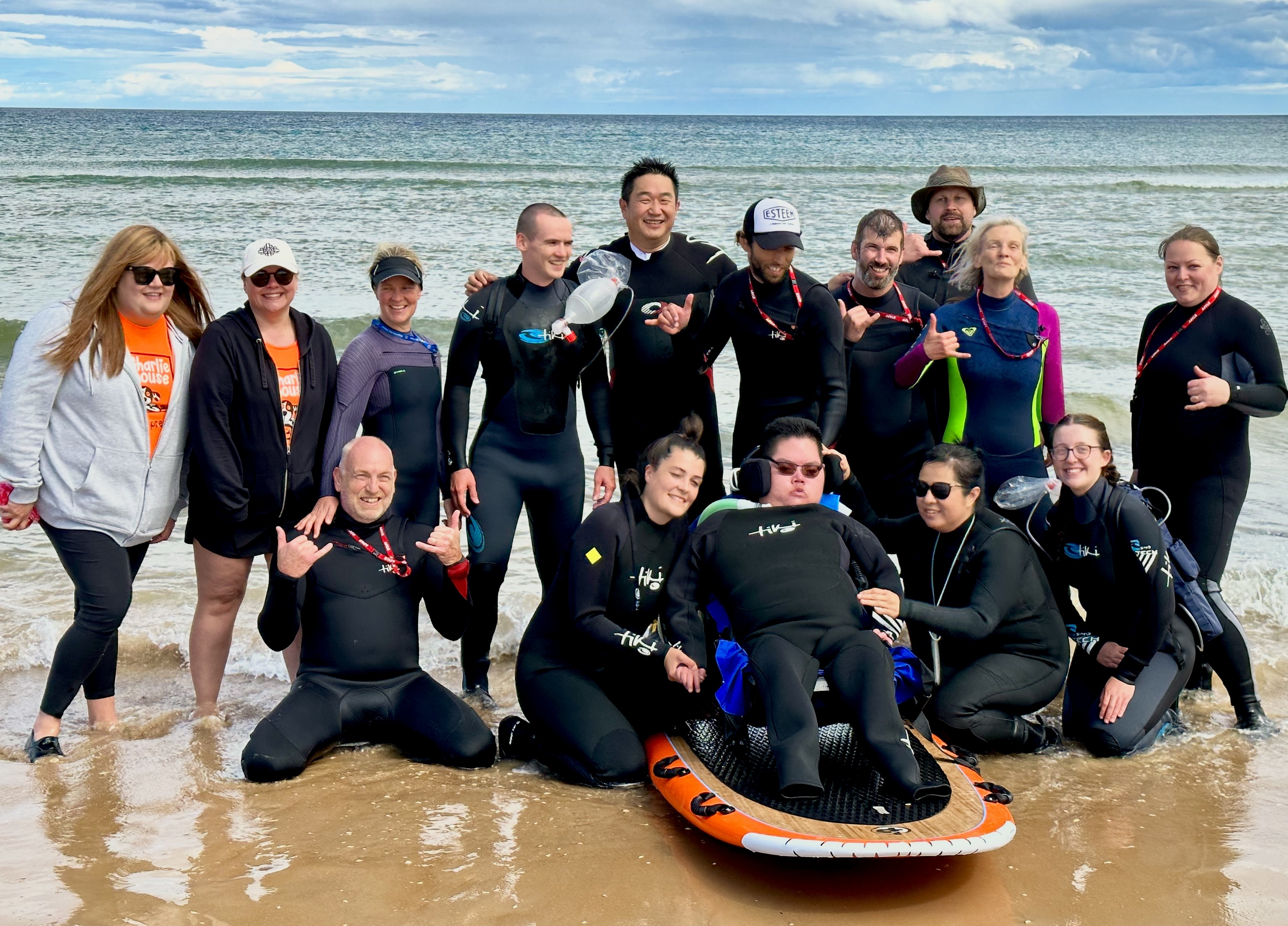
What do families get out of these activities?
"It is different for everyone! For some it is about relaxing. For others it is trying something completely new. Siblings often form friendships or discover new hobbies from archery to paddleboarding Parents get to meet others who understand their lives, and that peer support is invaluable. It is like one big family, and if someone is having a hard day, others rally around.
"One activity story that has always stayed with me is a private ice-skating session, where we rent an entire ice rink exclusively for families. Wheelchair users can safely glide across the ice, children with sensory needs can enjoy the activity without overwhelming crowds, and parents can relax knowing everyone present understands their child’s needs. One sibling, after pushing her sister’s wheelchair on the ice, discovered a passion for skating that has since become her weekly hobby. She often shares that joy with her sister whenever Charlie House holds these sessions."
Why is community support so vital to making these activities possible?
"All our activities and support are free for our service users and funded through community fundraising, local business support, and grants. Without that generosity, we couldn’t run them. Community support helps families thrive and allows families to create memories they might otherwise miss out on - we cannot thank our supporters enough for making the impossible feel possible."
What is the most rewarding part of your job?
"Being at an activity and seeing families enjoying themselves, laughing, and making memories. Knowing we have helped make that possible is the best feeling."
